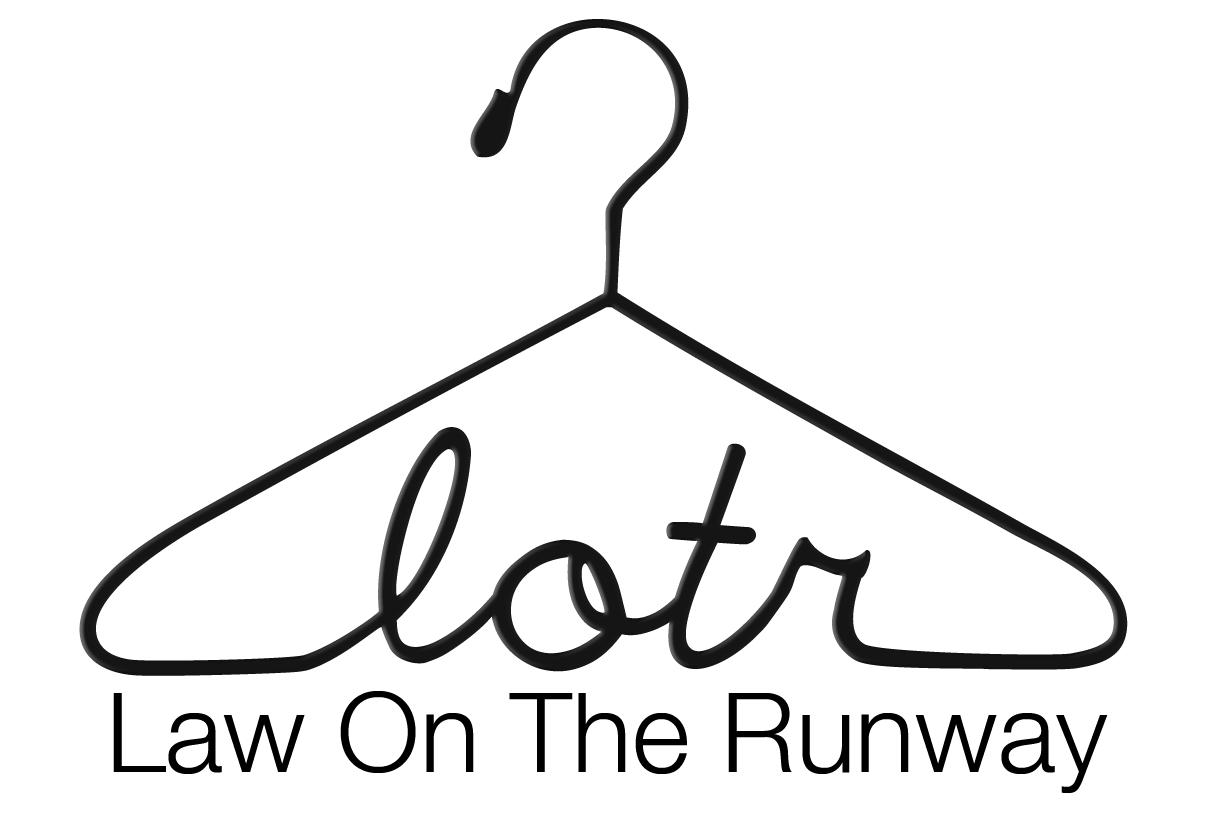Preparing for Consulting Agreements

Targeting Holiday Shoppers? Comply with Email Marketing Laws
September 12, 2016
New Year, New Company? Planning Out Your Fashion Company’s Incorporation
September 12, 2016Many Law On The Runway clients are first time entrepreneurs, and they are looking for expert guidance from consultants who are experts in marketing, manufacturing, or business development. To receive this guidance, often entrepreneurs turn to industry experts for consulting help. When working with a consultant, it is very important to have a clear agreement on what the consultant will provide as a service, how you will work together, and how you’ll be paying for these services.
Please use this information to help you plan for a discussion or to do research, but do not use it as legal advice. You’ll want to reach out to a lawyer to craft an agreement specific to your needs. Below are topics to discuss and agree upon with a consultant before you begin working together.
Schedule or Milestones
Plan out what is expected to be delivered from your consultant (artwork, reports, a database), milestones for meetings, and expected assistance, such as visits to a manufacturing facility.
Changes and Revisions
Once you receive the initial deliverables from a consultant, you may need to ask for additions or revisions. Make sure this circumstance is planned for so you aren’t having to negotiate how to compensate the consultant for the extra time and work.
Ownership of Intellectual Property
When working with a consultant, you are likely to be inspired by their ideas that they have about your business, and you may create products or other works together, or the consultant may develop a project on your behalf. Clarify in your agreement who will own these creations. One important topic rarely discussed in this area is unused or unchosen work. If you hiring a consultant who will develop several options, such as several designs for you to choose from, you will want to discuss whether or not it is acceptable for the consultant to use the unwanted designs in other projects or sell them to others.
Warranties
Your consultant will likely be working with others, particularly with other fashion companies, if they are an industry expert. Be sure to request warranties on the services delivered, specifically that his or her work does not infringe on the work of others, and that she or he can assign that work over to you, if that is what you agreed upon in the intellectual property section.
Fees
This part seems obvious, but be sure talk through the details such as who is keeping track of time (if an hourly rate), how often you will receive invoices, and when payments are expected after an invoice. Your consultant may also request a retainer, so ask how the funds of the retainer will be tracked, and how quickly you will receive any unused portion of the retainer in return.
Expense Reimbursement
Along with fees, your consultant is likely to incur expenses as he or she assists you. Describe in detail what expenses you plan on the consultant incurring and which ones you are willing to pay for. Additionally, come up with an approval system, where you can approve unforeseen expenses. Finally, like the fee payment system, decide on how quickly you will reimburse the consultant for these expenses, or how you will provide upfront payments for planned expenses.
Ongoing Support
Many consulting relationships require quite a bit of work upfront, but then a continuous ongoing relationship with occasional support. Describe and agree upon who you will continue working together in the future if it feels appropriate. For example, you may wish to have monthly meetings, or you may need technical support, if the consultant helped you with a website. Whatever the relationship, try to think about how you can maintain the relationship, especially since the consultant will have a strong foundation on your business, and will require less time learning about you for future projects.
Modifications to Contract
Sometimes, even after all this planning, unforeseen events will cause you or the consultant to want to change the contract, such as by adding new projects, changing deadlines, or modifying fees. Have this conversation with the consultant to plan for the unforeseen. How will you agree to contract changes?
Termination
Along with modifications to contracts, you may also want to discuss what happens if the relationship doesn’t work out well for you or the consultant. Consider a termination clause stating why the relationship could or should end, fees that may be paid or reimbursed, and how much notice is needed before termination.
Non-Disclosure Agreement
Finally, always include a non-disclosure agreement, requiring each consultant to protect your ideas and creations from being shared with the public or with anyone who you are not ready to share the information with.
Being an entrepreneur can be challenging as we are often covering all the traditional employee roles, some which we may not be strong in. Asking for help through consultants is a wonderful way to be efficient with your time, since you are allowing an expert to take the lead in area you find weakness in. A consultant agreement will help you and the consultant further define your roles within a project. If you have any questions regarding this post or other posts on this blog, please email Rachel@lawontherunway.com

